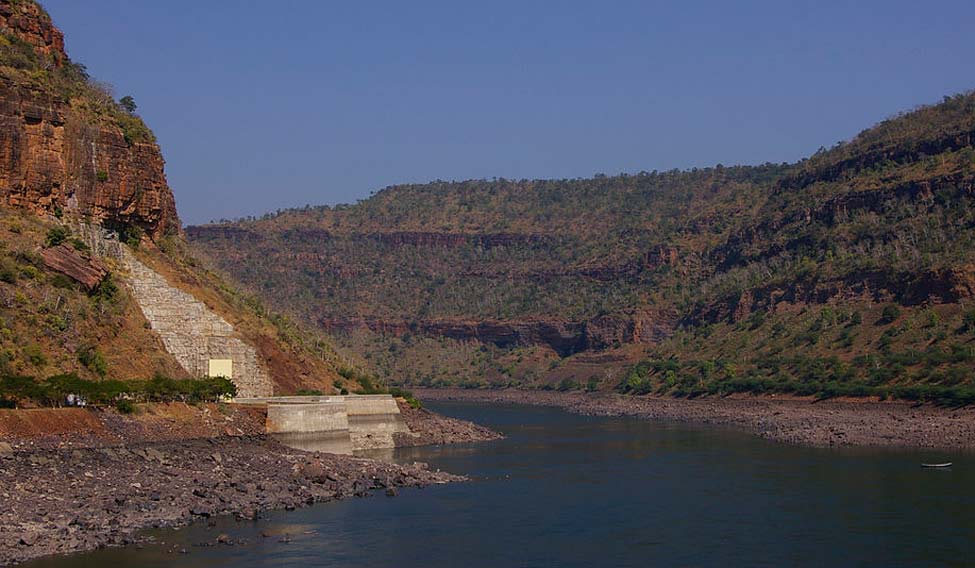Last year, the rivers on fire—literally and figuratively—as states bitterly fought each other over water disputes. A timely and much-needed bill was been introduced in the Lok Sabha on March 14, whose passage should see these fights getting resolved peacefully.
Union minister of water resources Uma Bharti introduced the Inter State River Water Disputes (Amendment) Bill, 2017, calling it a revolutionary step towards the resolution of riverine disputes between states.
The bill proposes a single standing tribunal instead of the existing multiple tribunals. This tribunal will consist of a chairperson, a vice chairperson and six other members. The bill also provides for technical support assessors—experts from the Central Water Engineering Service. The bill proposes the mechanism of negotiations through a Dispute Resolution Committee (DRC).
Already, there exists a law in the form of Inter State Water Dispute Act 1956, which provides the legal framework to address disputes, but the law is outdated and has drawbacks.
For instance, it has multiple tribunals, and only three out the eight tribunals have given awards accepted by the states. Tribunals like Cauvery and Ravi-Beas have been in existence for around three decades without giving any awards.
While states have fought bitterly over the waters from Cauvery, Krishna and a host of big and small rivers in India, one of the most successful international pacts on river waters is one that India is signatory to. The Indus Water Treaty between India and Pakistan has worked peacefully, with the commissioners from both sides meeting each other to resolve technical issues, irrespective of the political environment or the clouds of war hovering above both countries.




